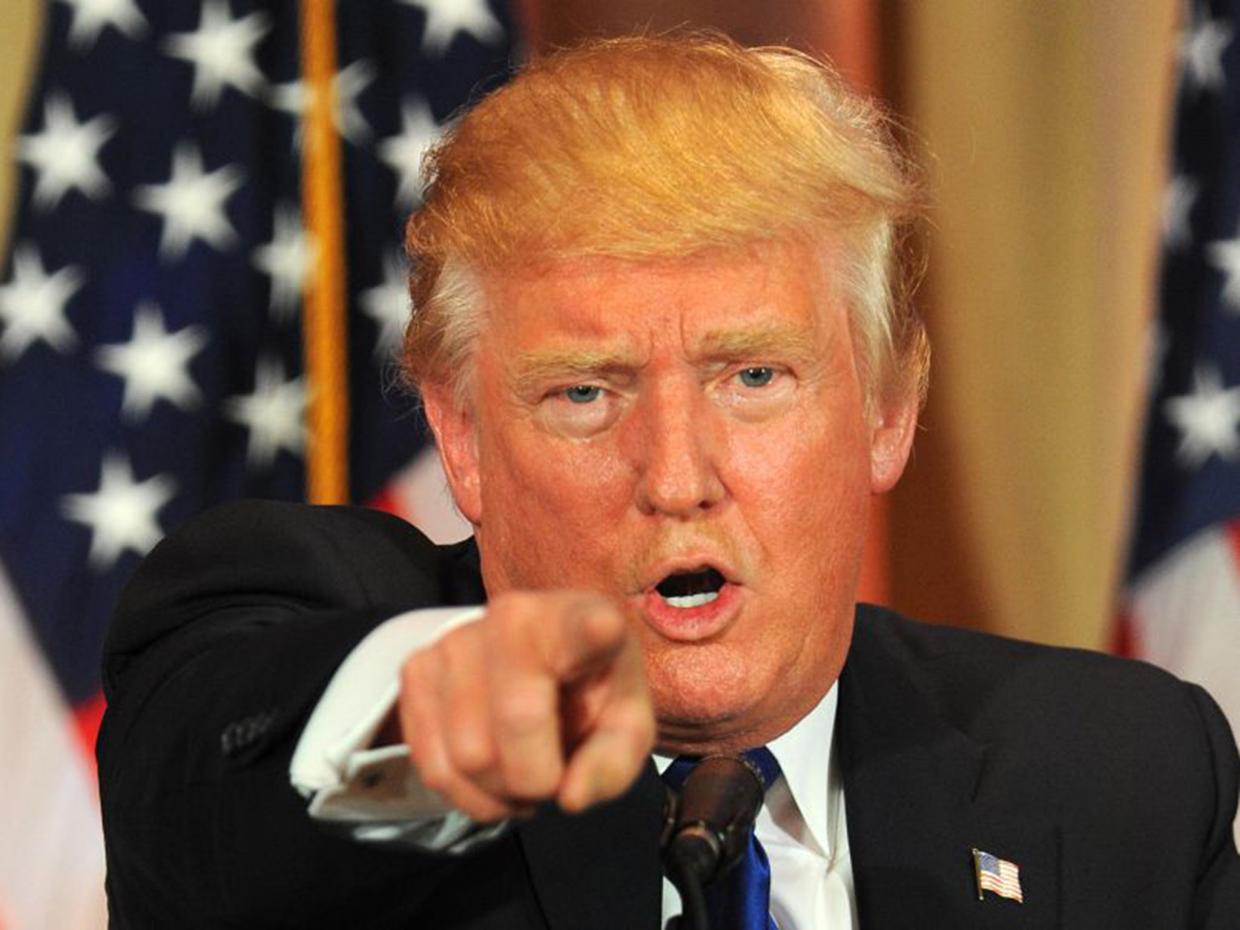Derek Smith
ds599012@ohio.edu
Romney's issues were tied to his personality, and his inability to shed his elitist image. From his comment about the 47 percent, and having binders full of women, Romney seemed to hand material for his opponents to label him out of touch. Now four years later Donald Trump is having his own branding issue for different reasons.
The way Trump attacks is vicious, more so than that of many political candidates of the past. His attacks go straight for the throat in a way only a former reality star and business mogul can. While his ferocity cannot be denied, his aggressive nature has put him in several tight spots during the election. Often leaving him open for hostile media coverage.
In his interview with the Washington Post regarding the treatment he receives from the media Trump said, "The media has a tremendous bias and has for a very long time against the Republican party and against somebody that happens to be conservative. They certainly have a tremendous bias against me."
Late night twitter tirades, feuds with Gold Star families, babies, and journalists have all contributed in some form to the waning support for Trump. His aggressive tactics and lack of "political correctness" won him enough voters securing the nomination from those within the GOP's ranks. Furthermore his style ended up beating some of his opponents into supporters notably former rivals Chris Christie and Ben Carson.
Late night twitter tirades, feuds with Gold Star families, babies, and journalists have all contributed in some form to the waning support for Trump. His aggressive tactics and lack of "political correctness" won him enough voters securing the nomination from those within the GOP's ranks. Furthermore his style ended up beating some of his opponents into supporters notably former rivals Chris Christie and Ben Carson.
 |
| Trump's forceful nature was a key force in securing the nomination. Photo from independent.co.uk |
However, it's also garnered fierce opposition, the most worrying for Trump is the discontent within the Republican's own blood. One of the most striking moments at the RNC this summer was the public refusal by Ted Cruz to endorse the chosen candidate. While Cruz's popularity among the party faithful is wanting, his popularity among conservative christian voting base is noticeable. Another powerful opponent is John Kasich, as the governor of Ohio his endorsement means a great deal to Trump as he seeks the presidency.
While Kasich still has time to endorse his former rival, he still sat out the convention despite it being in his own state. To add to Trump's woes Kasich's reported denying Trump when offered the Vice Presidency does not bode well.
In recent weeks it's clear Trump is trying to pivot to a more central stance with mixed results, with he trip to Mexico it seemed likely Trump would have to confront his wall claims, a very important issue to his power base. However the statements he made in Mexico were tame as he said, "We recognize and respect the right of either country to build a physical barrier or wall on any of its borders." While softening his stance may help him win over voters, it could also lose him the base that got him to the nomination. However, hours later in Arizona he would return to his original stance.
Trump's strategy has left him in a worse situation than that of Romney in 2012. The party is fractured, the media will not relent, and public blunders are forcing away potential allies in the months to come. He realizes that he needs to reign himself in now that he has the nomination, but his previous stances are making it difficult to pivot to the center. However, nothing is set in stone until the election results are in.





